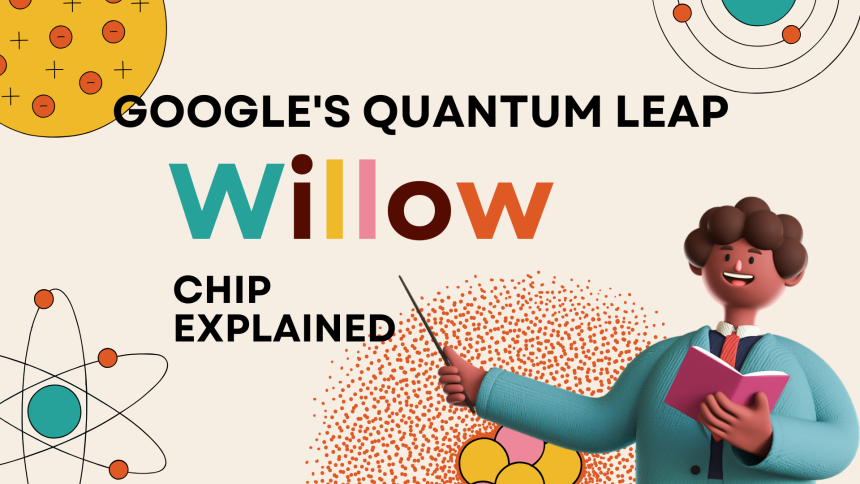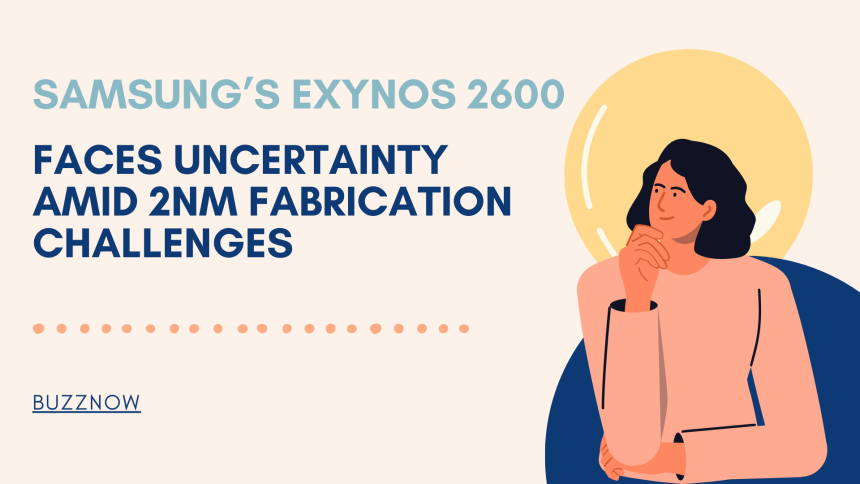
Google Redefines Quantum Computing with Willow Chip: A Breakthrough in Error Reduction
Quantum computing, often hailed as the future of computational technology, has long been hindered by one persistent challenge: errors. These errors stem from the qubits, the fundamental units of quantum computers, which are highly sensitive to environmental disturbances. As more qubits are added to quantum systems, errors typically multiply, causing these systems to lose their quantum advantage and behave like classical computers.
Addressing this challenge, Google has unveiled a revolutionary quantum computing chip named Willow. This chip is a leap forward in solving the "scaling-up problem," a critical hurdle in building larger and more effective quantum computers. Unlike conventional quantum chips, Willow leverages advanced quantum error correction techniques that allow for the seamless integration of more qubits without a proportional increase in errors.
In a demonstration, Google showcased how Willow maintained reduced error rates across qubit grids of increasing sizes: 3x3, 5x5, and 7x7. By applying sophisticated algorithms and correction methods, the chip was able to cut error rates in half at each level of scaling. This exponential improvement not only enhances the accuracy of quantum operations but also brings the quantum computing industry closer to realizing practical and scalable applications.
This development marks a significant milestone in quantum technology. By mitigating one of its greatest challenges, Google’s Willow chip promises to accelerate advancements in fields like cryptography, material science, artificial intelligence, and more. It reaffirms the potential of quantum computing as a transformative tool for solving complex problems that classical computers cannot tackle efficiently.
As quantum technology progresses, innovations like the Willow chip are vital stepping stones toward building fault-tolerant quantum computers capable of revolutionizing industries and scientific research worldwide.





